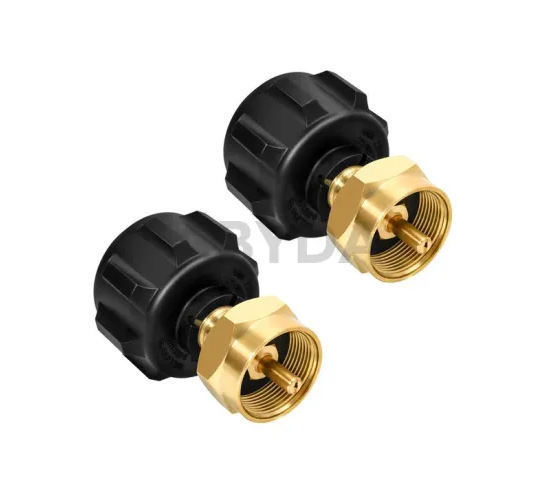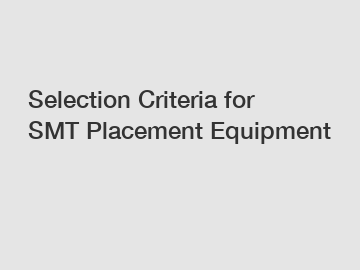What You Should Know About LPG Gas and LPG Gas Fitting
Mar. 23, 2024
Liquefied Petroleum Gas (LPG) is a versatile and widely used fuel that provides clean, efficient energy for a variety of applications, from cooking and heating to powering vehicles and industrial machinery. Proper installation and maintenance of LPG gas fittings are essential to ensure safety and efficiency.
Understanding LPG Gas:
LPG, commonly known as propane or butane, is a flammable hydrocarbon gas that is liquefied under moderate pressure for ease of storage and transportation.
LPG is derived from natural gas processing and petroleum refining, making it a readily available and cost-effective energy source.
It is odorless and colorless in its natural state but is typically odorized with a distinctive smell for leak detection and safety purposes.
Additional resources:
The Benefits of Using Side Shifter Attachment: Exploring the Advantages in Material Handling
The Ultimate Guide to Standard Bale Clamp Solutions: Everything You Need to Know
How Does email marketing Work?
10 Questions You Should Know about 60Si2MnA Equivalent
Metal Stamping FAQ (Farley Answers Questions)
Grey Iron Casting
Concrete Kibble vs Traditional Dog Food: A BreakdownLPG is non-toxic and produces fewer emissions compared to other fossil fuels, making it an environmentally friendly choice for various applications.
Importance of LPG Gas Fitting:
LPG gas fitting refers to the installation, maintenance, and servicing of LPG gas systems, including regulators, valves, pipes, and appliances.
Proper gas fitting ensures the safe and efficient operation of LPG systems, minimizing the risk of leaks, fires, and explosions.
Qualified gas fitters are trained to adhere to strict safety standards and regulations governing the installation and maintenance of LPG gas systems.
Key Considerations for LPG Gas Fitting: a. Compliance: All LPG gas fitting work must comply with relevant building codes, standards, and regulations to ensure safety and legal compliance. b. Certification: Gas fitters must hold appropriate licenses and certifications to perform LPG gas fitting work safely and competently. c. Quality Materials: High-quality materials, including corrosion-resistant pipes and fittings, should be used for LPG gas installations to minimize the risk of leaks and failures. d. Leak Detection: Gas fitters utilize specialized equipment and techniques to detect and repair gas leaks promptly, ensuring the safety of occupants and property. e. Regular Maintenance: Periodic inspections and maintenance are essential to identify and address potential issues before they escalate into safety hazards.
The Benefits of Using Belleville Washers: A Guide to Improved Performance
What to Look For When Choosing a Casting Supplier
How does a bell washer work effectively?
How Does Electric Forklift Work?
What are the types of faucet washers?
Understanding Conical Washer Dimensions: A Guide
What you should know about valves
83
0
0
None
None
Related Articles
-
56
0
0
-
50
0
0
-
43
0
0
-
42
0
0
-
49
0
0
-
31
0
0
-
17
0
0









Comments
All Comments (0)